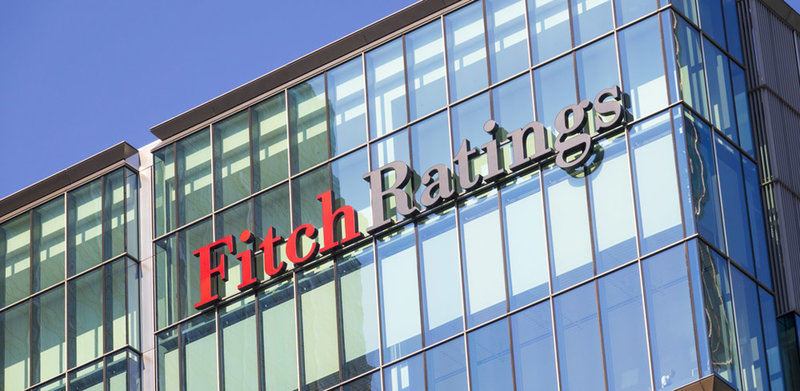Chaos in Afghanistan offsets wider global optimism
The news this month is dominated by the rapidity with which the Taliban have retaken control of Afghanistan. The country has undergone a fatally tragic, financially devastating round-trip since the 2001 US-led invasion. Exactly what the consequences are for multinationals with operations in Afghanistan is yet to be seen. The consensus, however, is that civil war looms, which will have acute negative spill-over of insecurity for Afghaistan’s neighbours – Iran to the west, Pakistan to the east, and the central Asian republics of Tajikstan, Turkmenistan and Uzbekistan to the north.
Hasnain Malik, strategy and head of equity research at Tellimer Research, comments: “This view is too pessimistic and underestimates the capabilities of China relative to other regional powers. As China’s military expenditure dwarfs those of all regional powers, that might seek to influence the outcome in post-US Afghanistan, i.e. Russia, India, Iran and Pakistan.”
China is considered as well positioned, quite ready, willing and able to occupy the vacuum left by NATO forces, not least with an eye on Afghanistan’s huge mineral wealth. “China, which has a land border with Afghanistan, is much more militarily capable and confident, and is (even) more vested in the security of Pakistan and the stability of Iran,” states Malik”. Other powers that will be willing to deploy military assets will be Russia, India and Iran, where there are opportunities to be had and interests may be at stake.

Around the word the focus remains on the economic fallout from the Covid crisis. For example, in the UK there are signs for optimism where job vacancies reached a record high of 953,000, as reported by the Office for National Statistics, in July 2021. Additionally, the UK’s economy grew by 4.8% between April and June 2021 and is now around 4.4% smaller than pre-pandemic levels. Similarly, US job vacancies hit a record high of 10.1 million in June 2021, signalling a return to growth.
Fitch Ratings’ global growth forecasts have been revised upwards, and expect global GDP to grow by 6.3% in 2021, an increase of 0.2 points since March’s Global Economic Outlook. Incoming data, earlier-than-expected service sector reopening in the US and Europe, and the impact of policy support lie behind the upgrade.
Fitch Ratings also raised 2021 growth forecasts for most developed economies, with the US revised from 6.2% to 6.8%, the eurozone from 4.7% to 5.0%, and the UK from 5.0% to 6.6%. Only Japan has seen a reduction, from 3.6% to 2.5%.
China’s forecast remains at 8.4%, but Fitch has cut growth for emerging markets excluding China from 6.0% to 5.9%. Downward revisions to India, Indonesia and Turkey are partly offset by upward revisions to Brazil, Mexico and South Africa. Vaccine roll-outs and opening up face-to-face services have picked up in recent months in Europe and the US as new Covid-19 cases have declined, vaccination rates risen and restrictions eased.
Do read my interviews with incoming Praxity Global CEO Samantha Louis, DFK International president Harriet Greenberg, and SEI Wealth platform’s Anita Juneja about their career journeys and strategic plans to deliver growth to their respective organisations, alongside guiding policies toward employee collaboration, diversity and inclusion, and client engagement. IRKO Group partner Eduardo Luque comments on business opportunities in Brazil, while Rebecca L Rakoski, managing partner at XPAN Law Partners, offers tips on cybersecurity. There is a feature on supply chain finance by Kroll, and Kreston international CEO Liza Robbins talks about the organisation celebrating its 50-year anniversary.
There are ranking surveys and tables for China and South Korea, and other tables for Malaysia, Vietnam and Hong Kong, along with the usual news round-up.